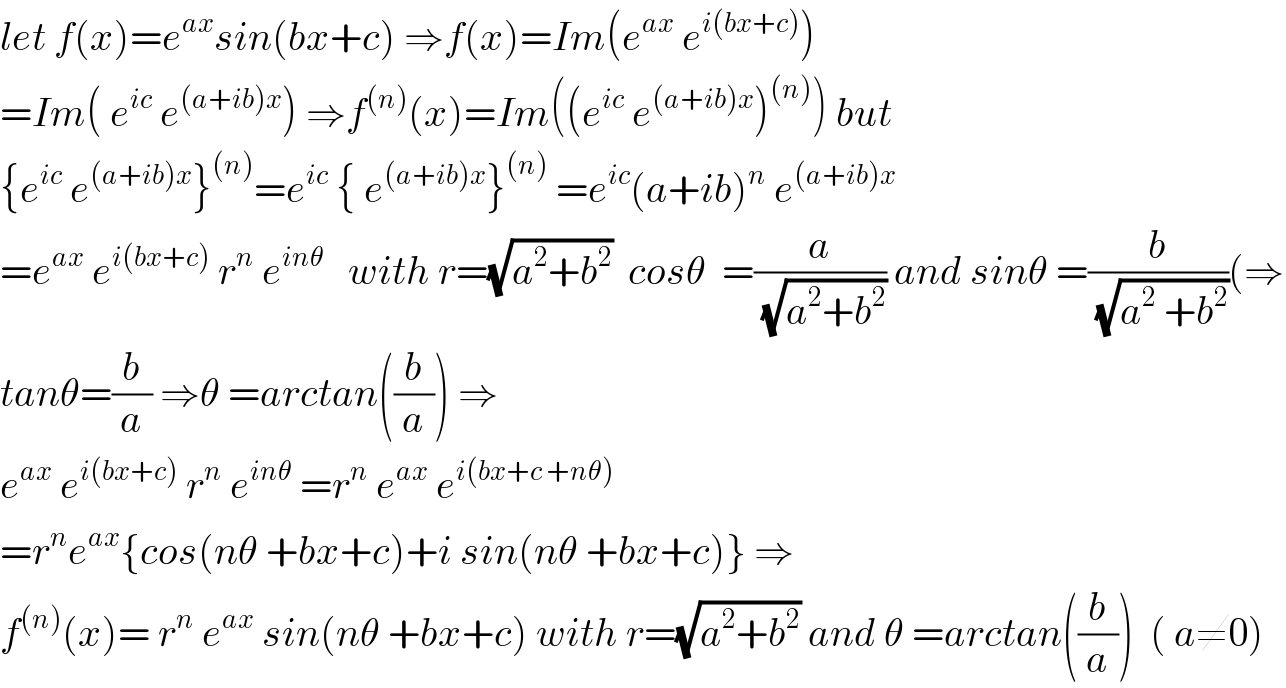
Question and Answers Forum
Question Number 47432 by Necxx last updated on 09/Nov/18

Commented by maxmathsup by imad last updated on 09/Nov/18

| ||
Question and Answers Forum | ||
Question Number 47432 by Necxx last updated on 09/Nov/18 | ||
 | ||
Commented by maxmathsup by imad last updated on 09/Nov/18 | ||
 | ||